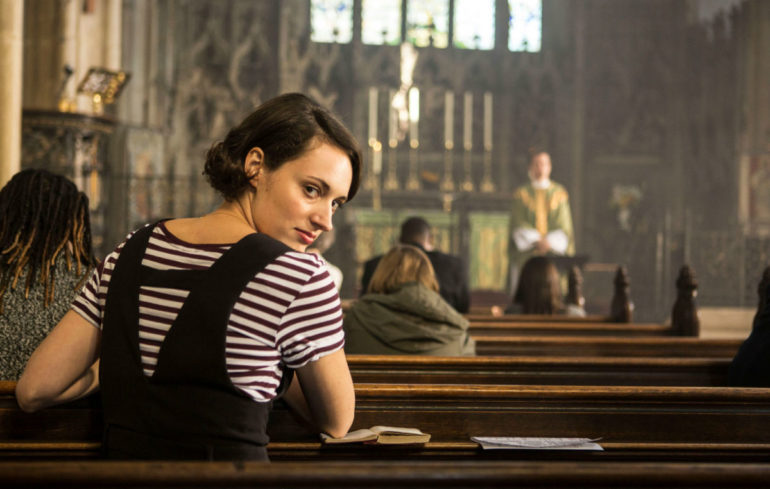In 2016, the BBC’s youth channel, BBC Three, moved to an online-only service as a cost-cutting measure – but now the BBC have confirmed it may be returning to television proper.
The channel moved online on the assumption that younger audiences prefer streaming services, but the success of recent hits such as Fleabag and Normal People, which garnered over 16 million views in its first week, may be prompting a change of direction.
The BBC released a statement saying: “We’d be wrong not to back a service that is doing better than anyone could have ever conceived and reaching a wide audience. Our research suggests there is a big available audience on linear television, so we will consider the case for restoring BBC Three as a linear channel as well as an online destination, though no decisions have been taken and this will need to take into account how viewing habits develop during the COVID-19 crisis.”
BBC director-general Tony Hall offered similar sentiments in a recent editorial in The Daily Telegraph, stating “strengthening our relationship with young audiences is crucial to the future of public service broadcasting” – although Hall is to stand down from this role later this summer, so the final decision will rest with his successor.
At the very least, BBC Three is to receive a bump in funding, with its budget set to return to pre-online levels of around £60-80 million.
When the channel first moved online, the BBC Trust claimed “independent evidence shows younger audiences are watching more online and watching less linear TV”. Subsequent evidence, though would dispute this: in 2018/19, BBC Three reached around 8% of its target audience of British 16-34-year-olds each week, less than half of the 22% audience share it enjoyed in the pre-online days of 2015/16.
This news comes alongside the announcement that BBC Four – the BBC’s higher-brow outlet, full of documentaries about operas and vice versa – may find itself transformed into a global subscription service, along the lines of its existing subscription channels like BBC Earth. In a surprise move earlier this month BBC Four channel editor Cassian Harrison stepped down to take on the role of senior vice president of commissioning and content global services BBC Studios, which hints at a more international direction.
It should be noted that this is not necessarily good news for BBC Four. Many, including the BBC’s own press release, speculate that BBC Three’s renewed role could come at BBC 4’s expense – and even if it does become a global subscription service, the BBC’s plan for the channel is to have the “best of” BBC Four’s originals go to BBC Two, while BBC Four itself will become a respository for the organisation’s “rich archive”. In other words, it would become a home for repeats and old favourites, much like the role already filled by slightly pathetic sub-channels like UKTV Gold and Dave.
Some of the coverage you find on Cultured Vultures contains affiliate links, which provide us with small commissions based on purchases made from visiting our site. We cover gaming news, movie reviews, wrestling and much more.



